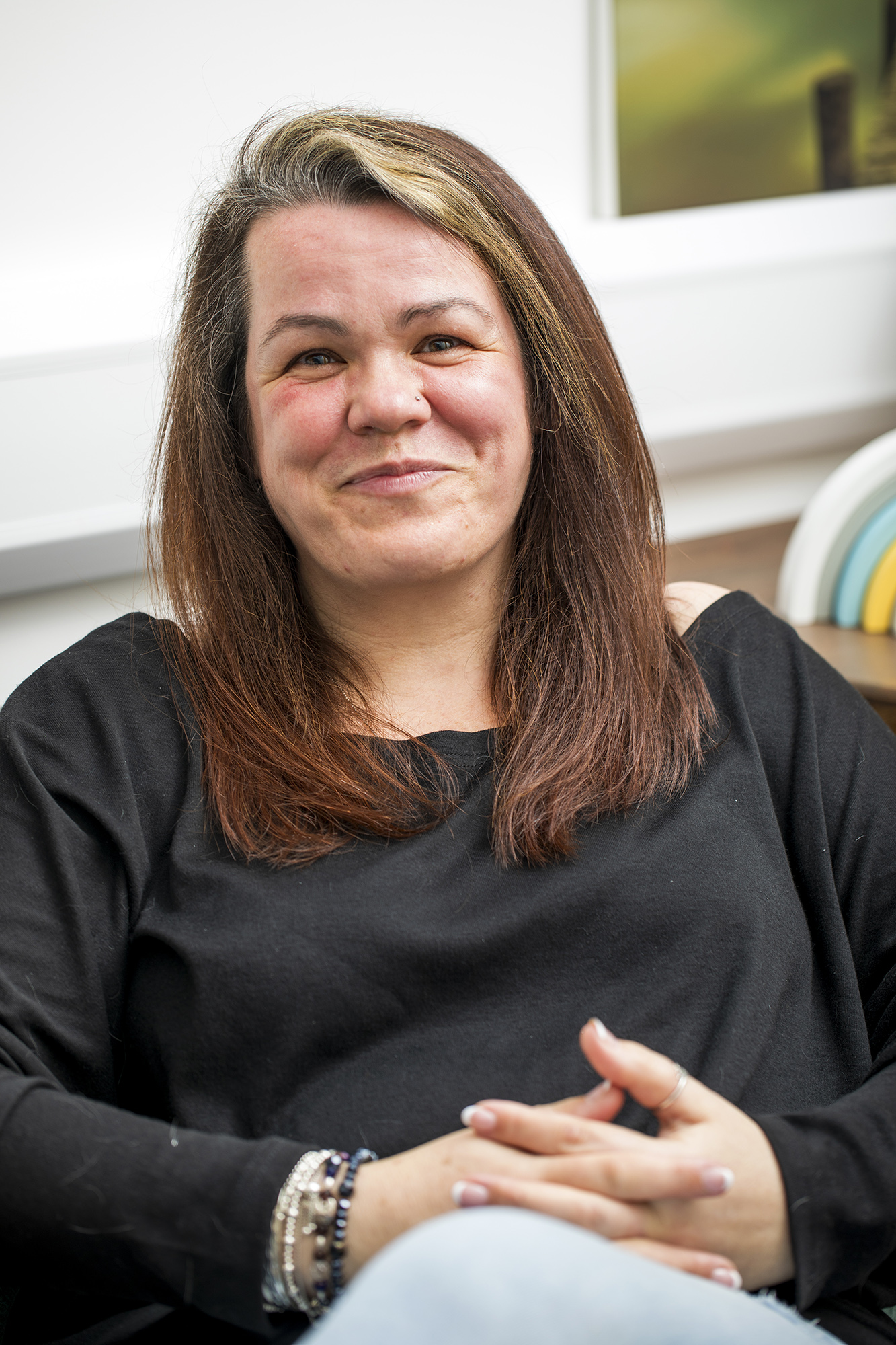The Value of a Free Initial Therapy Discussion
- Rachel Clarke
- Oct 22, 2025
- 4 min read
Starting therapy can feel like stepping into the unknown. You might be wondering if it’s the right fit, if the therapist understands you, or if it will really help. That’s why a free initial discussion can be such a valuable step. It’s a chance to explore your needs without pressure, ask questions, and get a feel for the process. I want to share why this first conversation is so important and how it can set the tone for your healing journey.

Why a Free Therapy Discussion Makes a Difference
When you’re considering therapy, it’s natural to feel a bit nervous or unsure. A free therapy discussion gives you a safe space to express those feelings and get clarity. It’s not about diving straight into deep work but about building trust and understanding.
Here are some key benefits:
No financial commitment upfront: You can explore your options without worrying about costs.
Opportunity to ask questions: You can find out about the therapist’s approach, experience, and how they work with people like you.
Clarify your goals: Talking through what you want to achieve helps both you and the therapist tailor the sessions.
Feel the connection: Therapy is a relationship, and this chat helps you see if you feel comfortable and supported.
Reduce anxiety: Knowing what to expect can ease worries about starting therapy.
For example, if you’re a parent looking for support for your child, this discussion can help you understand how therapy might work for them and what kind of approach suits their needs best. Or if you’re a counsellor yourself seeking supervision, it’s a chance to explore how the support will fit your professional goals.

What to Expect During Your Free Therapy Discussion
You might wonder what actually happens during this initial chat. It’s usually informal and relaxed, designed to help you feel at ease. Here’s what typically takes place:
Introductions: You’ll meet your therapist and share a little about yourself.
Exploring your reasons for seeking therapy: You can talk about what’s been on your mind or what challenges you’re facing.
Discussing therapy options: The therapist will explain their approach and how they can support you.
Answering your questions: This is your chance to ask anything about the process, confidentiality, session length, or anything else.
Next steps: You’ll discuss how to move forward if you decide to continue.
Remember, this is your time. You don’t have to share more than you’re comfortable with. The goal is to help you feel informed and empowered to make the best choice for your mental health.
What to include in an introduction discussion board?
If you’re preparing for your first chat, it can help to have a few things ready. Think of it as a gentle guide to make the most of your time:
Your main concerns or goals: What brought you here? What do you hope to change or understand better?
Any previous therapy experience: If you’ve tried counselling before, what worked or didn’t work for you?
Questions about the therapist’s approach: Are you curious about specific methods like mindfulness, cognitive behavioural therapy, or holistic techniques?
Practical considerations: Ask about session frequency, fees, cancellation policies, and whether online sessions are available.
Anything else on your mind: Sometimes just sharing your feelings about starting therapy can be helpful.
Having these points in mind can make the conversation flow more smoothly and help you feel more confident.

How a Free Initial Discussion Supports Your Mental Health Journey
Taking that first step can be daunting, but a free initial discussion can make it easier. It’s a chance to:
Feel heard and understood: Even in a short chat, a good therapist will listen with empathy.
Build confidence: Knowing you have a plan and support can motivate you to keep going.
Avoid mismatches: Therapy works best when you feel comfortable with your counsellor. This chat helps you find the right fit.
Set realistic expectations: Understanding what therapy involves helps you prepare mentally and emotionally.
Empower yourself: You’re taking control of your mental health by exploring your options thoughtfully.
For those with neurodiversity or children, this initial conversation can be especially important to ensure the approach is tailored and sensitive to individual needs.
Taking the Next Step with Confidence
If you’re ready to explore therapy but want to start gently, consider booking a free initial discussion. It’s a no-pressure way to connect, ask questions, and see if the therapist feels like the right person to support you.
Remember, therapy is a personal journey. That first conversation is just the beginning, but it can make all the difference in feeling safe, understood, and hopeful about what’s ahead.
You deserve support that feels right for you. Taking advantage of a free initial discussion is a smart, caring step towards finding that support.
If you’re curious or ready, don’t hesitate to reach out. Your mental health matters, and the right help is closer than you think.






Comments